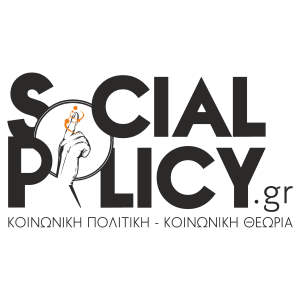Βραβείο 2021

Βραβείο 2022

Στρατηγικός συνεργάτης

Υποστηρικτές Επικοινωνίας


Open access article: https://www.sciencedirect.com/science/article/pii/S000291652400443X
Abstract
Food and nutrition-related factors have the potential to impact development of autism spectrum disorder (ASD) and quality of life for people with ASD, but gaps in evidence exist. On 10 November 2022, Tufts University’s Friedman School of Nutrition Science and Policy and Food and Nutrition Innovation Institute hosted a 1-d meeting to explore the evidence and evidence gaps regarding the relationships of food and nutrition with ASD. This meeting report summarizes the presentations and deliberations from the meeting. Topics addressed included prenatal and child dietary intake, the microbiome, obesity, food-related environmental exposures, mechanisms and biological processes linking these factors and ASD, food-related social factors, and data sources for future research. Presentations highlighted evidence for protective associations with prenatal folic acid supplementation and ASD development, increases in risk of ASD with maternal gestational obesity, and the potential for exposure to environmental contaminants in foods and food packaging to influence ASD development. The importance of the maternal and child microbiome in ASD development or ASD-related behaviors in the child was reviewed, as was the role of discrimination in leading to disparities in environmental exposures and psychosocial factors that may influence ASD. The role of child diet and high prevalence of food selectivity in children with ASD and its association with adverse outcomes were also discussed. Priority evidence gaps identified by participants include further clarifying ASD development, including biomarkers and key mechanisms; interactions among psychosocial, social, and biological determinants; interventions addressing diet, supplementation, and the microbiome to prevent and improve quality of life for people with ASD; and mechanisms of action of diet-related factors associated with ASD. Participants developed research proposals to address the priority evidence gaps. The workshop findings serve as a foundation for future prioritization of scientific research to address evidence gaps related to food, nutrition, and ASD.
Citation: Melissa Maitin-Shepard, Perrie O’Tierney-Ginn, Aletta D Kraneveld, Kristen Lyall, Daniele Fallin, Manish Arora, Alessio Fasano, Noel T Mueller, Xiaobin
Wang, Laura E Caulfield, Aisha S Dickerson, Rochellys Diaz Heijtz, Tomo Tarui, Jeffrey B Blumberg, Calliope Holingue, Rebecca J Schmidt, Johan Garssen,
Katherine Almendinger, Pi-I Debby Lin, Dariush Mozaffarian, Food, nutrition, and autism: from soil to fork, The American Journal of Clinical Nutrition, Volume 120, Issue 1,
2024, Pages 240-256